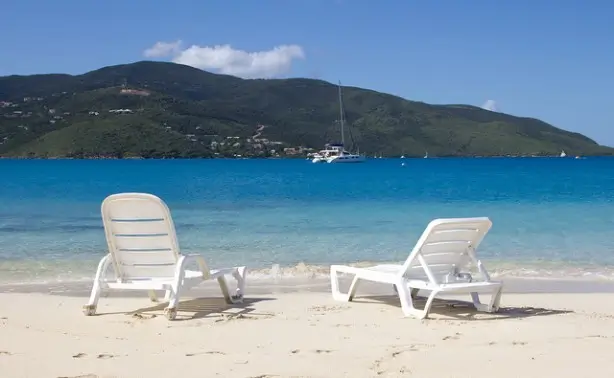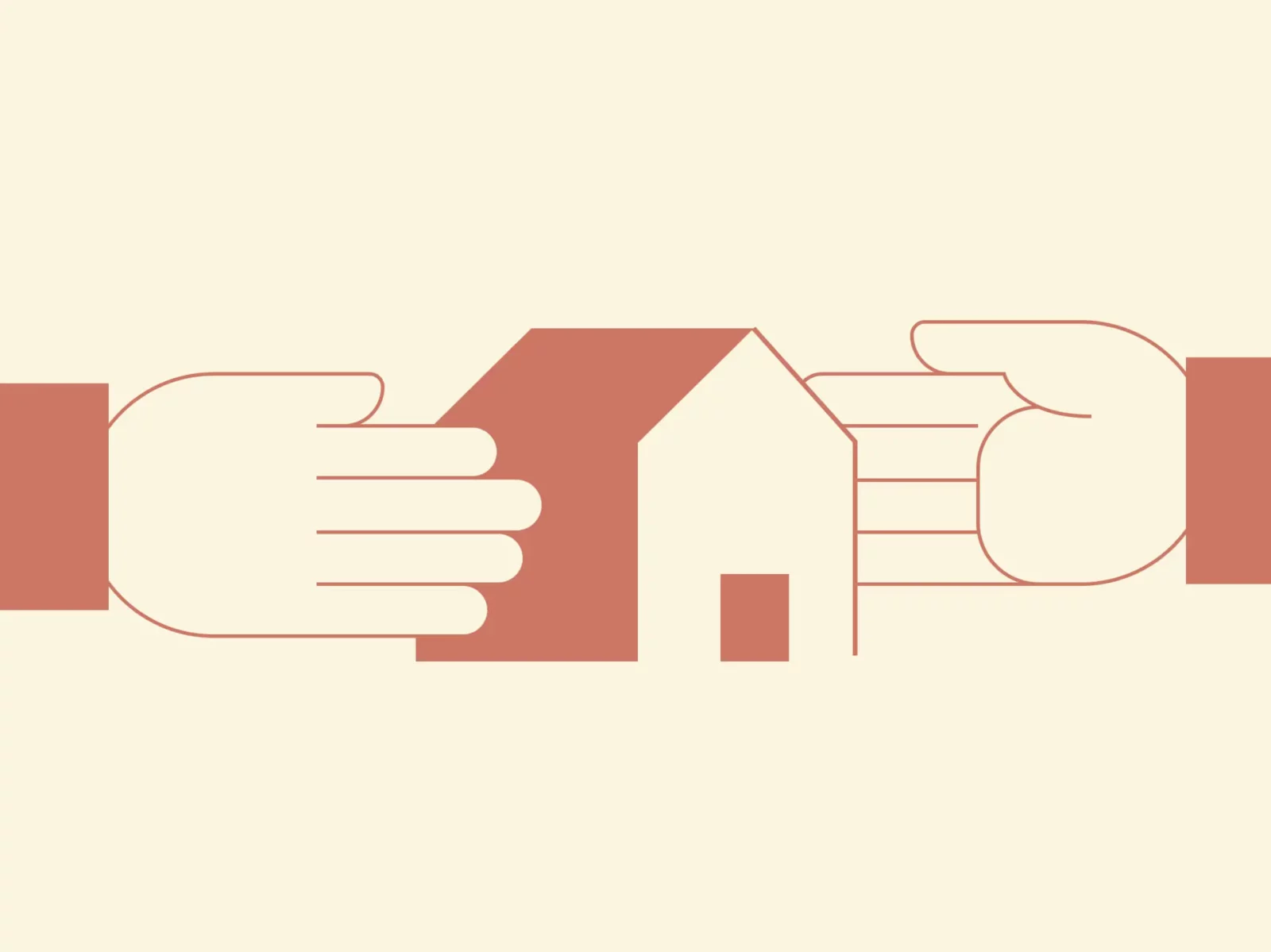
Sure, the idea of owning a vacation home in Bermuda or the south of France sounds wonderful. But buying a vacation home outside the country is a lot different from buying one domestically. Here are a few things to remember.
Title and Ownership
Internationally, laws regarding home ownership may be quite different. In Bulgaria, you can buy a house, but not the land it sits on. That belongs to the government, and they can take it back at any time. It’s important to know your legal rights and obligations before making a commitment. Never accept someone’s word that a vacation property has all the necessary permits and deeds, and enter into any form of contractual agreement without the direct assistance of an independent attorney.
Safety
Many popular international vacation destinations are in developing countries where governments are less politically stable and infrastructure is spotty. In these places, you run the risk of your vacation home being ransacked or even nationalized. In the event of an accident or disaster, you’ll also want to consider the quality of emergency services and medical care. Before buying, do plenty of research about crime, safety, and other local conditions. You can start by reading the State Department’s report on the country.
Accessibility and Amenities
Whether you’re considering renting your vacation home out, or just hoping to visit it regularly, be sure to get a full picture of a property’s features and location. Is there indoor plumbing? Electricity? If not, can they be installed? Are the roads paved? Is it easily accessible by car? How easy is it to get there from the airport? A property that’s difficult to reach or lacking in basic comforts may become less desirable over time
Whether you’ve always dreamed of summering on the Mediterranean or skiing the Andes, be sure to do the necessary research and work with a local real estate agent to make the buying process as rewarding and painless as possible.



